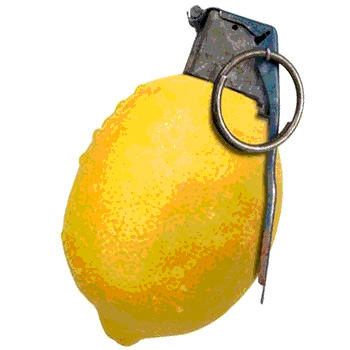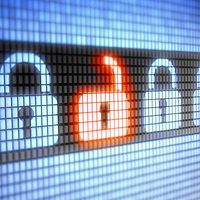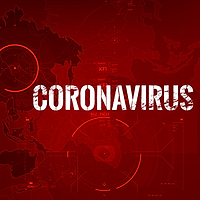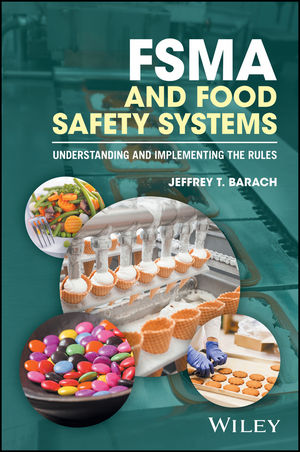Is Terrorism a Threat to the U.S. Food Industry?

Last November, the Iraqi government feared that ISIS had stolen a device in Basra that contained dangerous radioactive material. The device in question carried approximately 0.35 oz. of the radioisotope iridium-192 (192Ir), which has a half-life of approximately 74 days and is capable of causing severe injury if people are exposed for minutes to hours, or even death if exposed for longer periods. If 192Ir were obtained by a terrorist group like ISIS, bad things could happen. Fortunately, the device was later found close to where it was stolen, indicating the theft was more likely an incidental criminal act, rather than an actual attempt by ISIS to acquire radioactive material. No link between this event and the terrorist group has yet been disclosed.
Thefts of similar devices carrying the same isotope are not new and have in fact occurred multiple times in multiple countries, including Mexico, where the latest happened in late February 2016, in San Juan del Rio, Mexico.
So what does this all have to do with the food industry? For one thing, the food industry should start thinking seriously about various terrorism-related scenarios that could potentially involve radioactive materials and make preparations for dealing with these situations should they become reality. The most immediate element of concern for a food facility—maybe a large production plant or sprawling warehouse—would actually be from the direct blast effects emanating from an improvised explosive device (IED) rather than from any radioactive material that might be present.
In other words, more people would likely be killed from the explosion than from direct effects of the radioactive material. Companies within the food industry need to look to themselves first for solutions to this type of potential scenario.
So what would ISIS gain from detonating an IED in one or more major U.S. food facilities, injuring or killing perhaps dozens of people and compromising the food supply? Destruction of critical infrastructures is believed to destroy the United States, so ISIS sees destroying the U.S. food industry as a means to an end—the end state being the destruction of the country. ISIS would like to facilitate that destruction by placing individuals inside the myriad critical infrastructures that make up the food industry. Food corporations must consider significant security events as a distinct possibility and prepare themselves for the consequences.
It is important to have perspective, however. I am not discounting the terrorist group’s ability to inflict injury and tragedy within the food industry, but it’s important to remember that while ISIS members are criminals, not all criminals are a part of ISIS. It’s important to strike a balance between being cognizant of terrorism as a potential threat to a food business and understanding that not all bad occurrences are the result of terrorists.
Making the food supply seem vulnerable, fostering panic buying, gains the attention of the press and creates more panic buying, resulting in a vicious loop of action and reaction. Even so, the United States and its allies are very skilled at developing intelligence to help protect the food supply and other industries, and then sharing it with allies that can affect solutions.
The bad news, however, is that leaders of terrorist organizations are aware of our rigorous, well-executed security plans—such as a food production plant’s perimeter security—so they are looking for alternate ways to penetrate critical infrastructure. This is where the discussion gets very sensitive and is best left unannounced in a public forum—suffice it to say that radioactive materials don’t have to enter the food supply through a bomb.
Will the food industry experience IEDs in the coming months? Probably not, but clearly there is no guarantee. The U.S. food industry must protect the integrity of our food supply by continuing to recognize the threats to food safety and develop appropriate countermeasures.
Robert A. Norton, Ph.D., is a professor at Auburn University and chair of the Food Systems Institute’s Biosecurity and Food Defense Working Group. A long-time consultant to federal and state law enforcement agencies, the U.S. Department of Defense and industry, he specializes in intelligence analysis, weapons of mass destruction defense and national security. For more information on the topic or for more detailed discussions about specific security-related needs, he can be reached at nortora@auburn.edu or by phone at 334.844.7562.
Looking for a reprint of this article?
From high-res PDFs to custom plaques, order your copy today!








